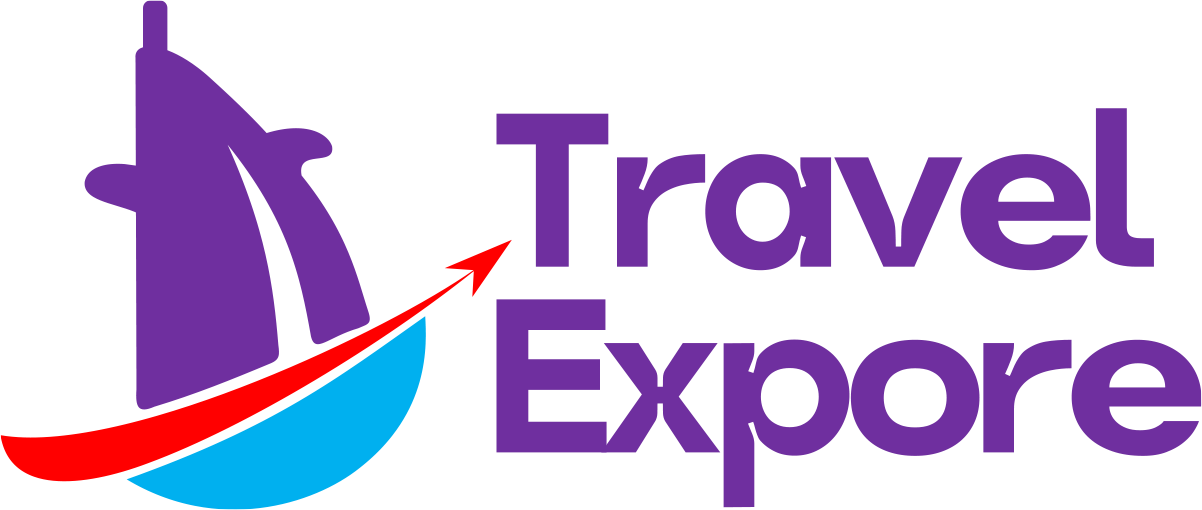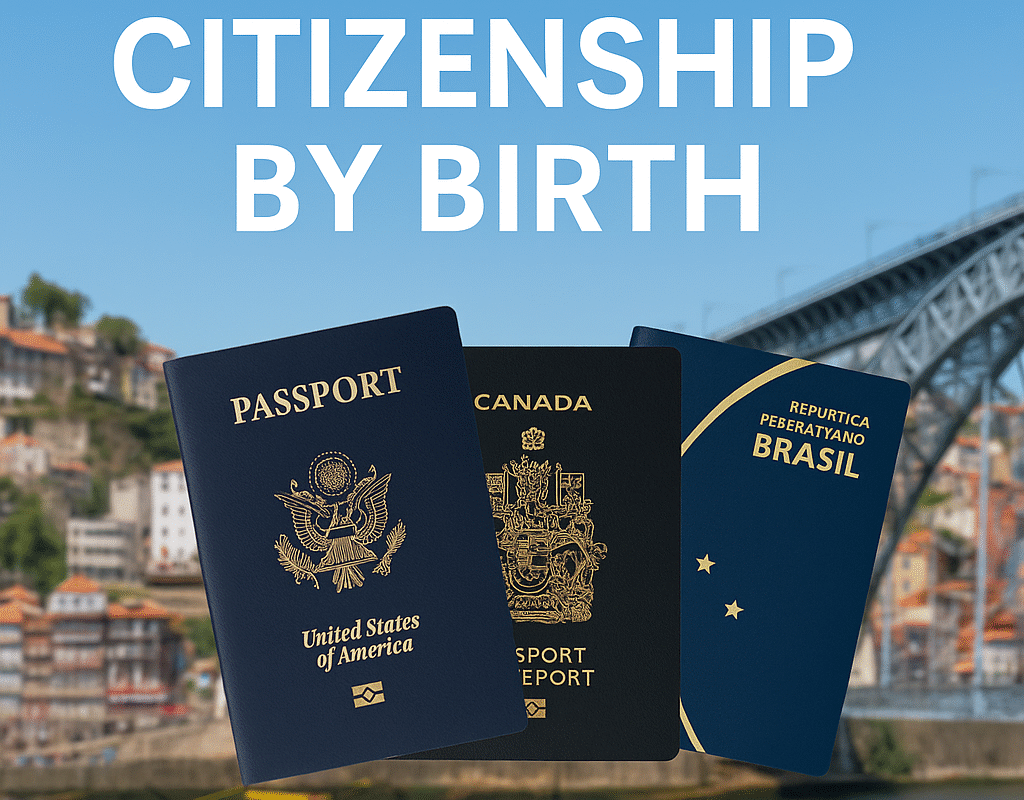Esteroides Anabólicos Al Mejor Precio En España
Es la prisión a la que están entrando por voluntad propia cada vez más jóvenes en nuestro país. En líneas generales, las modificaciones que hacen los esteroides en el cuerpo son apreciables a las pocas semanas de iniciar el ciclo. La ganancia de masa muscular, tonificación, quema de grasa acumulada en lugares difíciles, aparición de músculos grandes y bien esculpidos, son algunos de los impactos físicos que ciertamente llamarán y cautivarán la atención de todos. El uso de anabolizantes puede parecer una solución rápida para alcanzar objetivos físicos, pero los riesgos asociados son significativos. La educación y la concienciación son clave para tomar decisiones informadas. Es fundamental actuar con responsabilidad y priorizar la salud sobre el rendimiento temporal.
Los Farmacéuticos Detectan Un Aumento En El Consumo De Anabolizantes
Si estás buscando opciones legales que te permitan obtener resultados similares a los anabolizantes sin recurrir a su compra, existen alternativas que pueden ser de interés. En primer lugar, los suplementos deportivos certificados pueden ser una excelente opción para complementar tu entrenamiento y mejorar tu rendimiento de forma segura y authorized. La adquisición de anabolizantes sin la supervisión y prescripción de un profesional de la salud conlleva serias consecuencias legales. En muchos países, la posesión o compra de estas sustancias sin autorización constituye una infracción grave ante la ley, con sanciones que varían en función de la normativa de cada lugar. Las penalizaciones por la compra de anabolizantes pueden incluir multas significativas, la suspensión de licencias profesionales o deportivas, e incluso la posibilidad de enfrentar cargos criminales.
Si estás buscando alternativas legales a los esteroides en España, has venido al lugar correcto. Aunque los esteroides anabólicos son ampliamente utilizados por personas que buscan mejorar su rendimiento deportivo o construir músculo, su uso está prohibido en varios países y puede tener graves efectos secundarios para la salud. Además de las consecuencias legales, el uso de esteroides sin supervisión médica también puede acarrear problemas legales relacionados con la compra y distribución de estos productos.
Mirada 21 considera que la difusión de la verdad sobre los acontecimientos periodísticos más trascendentes de la actualidad es la mayor contribución que el periodismo puede hacer al bien común de la sociedad. Mirada 21 cree que lo acontecido puede conocerse en verdad y se compromete con su búsqueda para poder expresarla verazmente. De otro lado, considera la trascendencia que tiene el acontecimiento para las personas a las que informamos como el valor-noticia primordial para su evaluación y para la orientación de nuestras investigaciones. Ofrecemos constantes descuentos y promociones para todo el mundo, para pedidos al por mayor y para clientes habituales. El uso de estos compuestos está prohibido en competiciones deportivas, y su detección en pruebas antidopaje puede llevar a sanciones severas. Las organizaciones deportivas han implementado políticas estrictas para combatir el uso de sustancias prohibidas.
- Los esteroides anabólicos androgénicos se encuentran disponibles en presentaciones tipo tableta o comprimido para administración oral o como solución inyectable intramuscularmente.
- Esto significa que su venta y distribución están controladas por las autoridades sanitarias, con el fin de proteger la salud pública.
- Si eres principiante y quieres conocer más sobre esteroides, amablemente te invitamos a continuar leyendo.
- Por otro lado, los esteroides ilegales en España son sustancias prohibidas que no se pueden conseguir legalmente.
- Si las sustancias ya de por sí son muy nocivas —atacan al hígado y al corazón, hasta provocar fallos hepáticos y ataques cardíacos, pudiendo causar la muerte—, las adulteraciones están a la orden del día.
- Según esta normativa, los anabolizantes pueden ser considerados como medicamentos si cuentan con autorización para su comercialización por parte de la Agencia Española del Medicamento y Productos Sanitarios (AEMPS).
El culturismo es la práctica de ejercicios gimnásticos encaminada al excesivo desarrollo de los músculos, según la Real Academia Española (RAE). A pesar de que el Consejo Superior de Deportes no lo reconoce como un deporte, cada vez son más los aficionados a esta disciplina en España. El pasado domingo finalizó Mr. Olympia, competición más importante y prestigiosa de fisicoculturismo en el mundo.
En la mayoría de los casos, esto indica que el producto no está certificado – no mejorará músculo e incluso puede causar un daño significativo a la salud. Colaboramos directamente con los fabricantes, por lo que comprar esteroides online puede ser a los precios más bajos posibles, sin los recargos de los intermediarios. Los esteroides son sustancias químicas que se utilizan para mejorar el rendimiento atlético y el desarrollo muscular. En España, existen diferencias significativas entre los esteroides legales e ilegales en términos de su disponibilidad, regulación y consecuencias legales. Las proteínas en polvo son una excelente opción para complementar la ingesta diaria de proteínas. Estas fuentes de proteínas de alta calidad pueden ayudar a aumentar la masa muscular, mejorar la recuperación muscular y optimizar el rendimiento deportivo.
Cada Vez Más Jóvenes Españoles Toman Anabolizantes: Doparse En El Gimnasio Ya No Es Solo De Culturistas
Si es necesario, siempre puede ponerse en contacto con el gerente de la tienda para obtener asesoramiento profesional sobre un medicamento esteroide en specific en el modo telefónico. Los esteroides legales en España se pueden adquirir fácilmente en farmacias o tiendas de suplementos deportivos. Estos esteroides legales suelen ser versiones sintéticas de hormonas naturales como la testosterona, y están diseñados para mejorar el rendimiento y acelerar la recuperación muscular de manera segura y authorized. Los jóvenes preocupados por su cuerpo pueden tomar suplementos anabolizantes para perder grasa. Estos fármacos pueden reducir el daño muscular durante el entrenamiento duro.
Además, el uso de esteroides anabólicos con fines deportivos o estéticos fuera del ámbito médico está prohibido. Los atletas que compiten en competiciones oficiales están sometidos a pruebas de dopaje para detectar el uso de sustancias prohibidas, incluyendo esteroides anabólicos. El incumplimiento de estas normas puede resultar en descalificaciones y sanciones deportivas. Y lo mismo da que sean esteroides como precursores, ya que si aumentan los niveles de testosterona en el organismo de forma sustancial, es probable que produzcan los mismos efectos secundarios. “Si tomas una dosis suficiente, en escasas 6 horas tienes las cifras de testosterona funcionando igual que si te hubieras tomado la testosterona directamente. Nadie empieza con una dosis alta de cocaína, todo el mundo empieza por dosis y modos de uso bajos y con poco riesgo.
Esta situación en la que una disciplina que no penaliza el uso de sustancias anabolizantes es tan well-liked entre los jóvenes puede perjudicar a la juventud negativamente. “Se está potenciando el consumo de esteroides anabolizantes con todos los efectos secundarios que conllevan”, asegura Del Valle. “Se debería desaconsejar su uso e informar y educar a los deportistas sobre la gravedad que tienen estos consumos”, concluye el physician Del Valle. Es importante destacar que el uso de esteroides anabolizantes sin la supervisión y prescripción médica adecuada puede acarrear graves riesgos para la salud. Por esta razón, se recomienda encarecidamente que cualquier persona que esté considerando utilizar esteroides consulte con un profesional de la salud, como médicos especializados en endocrinología, para recibir orientación y seguimiento adecuados. En resumen, los esteroides legales e ilegales en España presentan importantes diferencias en cuanto a su disponibilidad, regulación y consecuencias legales.
En Farmacia Deportivaes somos proveedores especializados de esteroides anabólicos de naturaleza androgénica. Estos compuestos son fármacos fabricados para cubrir propiedades propias de la hormona sexual masculina, testosterona. La sustancia logra exitosamente propiciar el acrecentamiento y soporte de características típicas del género masculino, como la aparición de vello corporal y voz profunda, entre otras.




